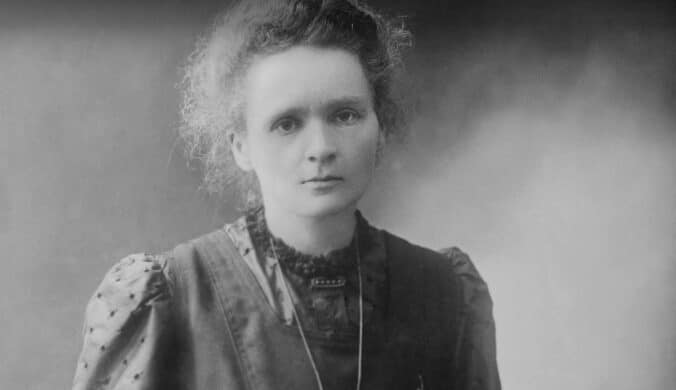Stephen Hawking, born on January 8, 1942, was an English physicist. Hawking wanted to study mathematics at Oxford, but there was no such program at the time. As a result, he settled for physics. Hawking proceeded to study for his Ph.D. in Cosmology at Cambridge University and completed it in 1965. In 1977, he became a professor at Cambridge University. He worked extensively and made further findings regarding Albert Einstein’s general theory of relativity. In addition, he discovered that black holes eventually evaporate and disappear. We’ll help you celebrate this resilient researcher here.
Fast Facts
Full Name:
Stephen William Hawking
Nickname:
Einstein
Birth date:
January 8, 1942
Death date:
March 14, 2018 (age 76)
Zodiac Sign:
Capricorn
Height:
5' 7"
Net Worth:
$20 million
Background
Stephen Hawking was a British physicist and cosmologist. He was born in Oxford, England, to a family of physicians. In 1959, he got into Oxford University, where he studied physics. He found academic work to be extremely easy. After completing his undergraduate studies in 1962, he began his graduate studies at Cambridge. At Cambridge University, he studied applied mathematics and theoretical physics, and his studies focused on cosmology and general relativity. One year after he began his graduate studies (1963), Hawking was diagnosed with motor neuron disease. His physicians didn’t expect him to live for long and the doctors believed he would die within two years of his diagnosis. Hawking, however, lived with the disease for more than 50 years.
His scientific contributions include the theoretical prediction that black holes emit radiation, which is often called Hawking Radiation. Hawking Radiation generated many controversies but, eventually, the discovery became widely accepted towards the end of the 1970s. In collaboration with Roger Penrose, Hawking also made significant findings on gravitational singularity theorems in the framework of general relativity. Another significant work he produced was in collaboration with Jim Hartle was the Hartle–Hawking state; a study, which proposed that the concept of “a beginning of time” is meaningless.
Most of Hawking’s wealth came from the sale of books, which discussed his theories and cosmology. Some of his books achieved huge commercial success. His bestseller was “A Brief History of Time.” This outstanding researcher lived a rich and full life and he did all this despite living with a disability.
Career timeline
After three years of easy study, Hawking graduates from Oxford as a first-class student.
Hawking's Ph.D. thesis receives approval from the university.
Hawking discovers that black holes emit radiation.
He is appointed a Commander of the Order of the British Empire.
He passes away at 76, and his final work gets published posthumously a month later.
Why We Love Stephen Hawking
Hawking was an outstanding researcher
He discovered that black holes emit radiation. The black hole radiation is often referred to as the 'Hawking Radiation.'
He inspired people with disabilities
Hawking lived with a disability for most of his life, but he was always happy. He was a source of inspiration for many who live with a disability.
He co-authored children's books
Working with his daughter, Lucy, Hawking wrote children's books. He was deeply involved in his children's lives.
5 Surprising Facts
His book broke a Guinness World Record
Hawking’s “A Brief History of Time” stayed on the bestsellers list for four-and-a-half years.
Doctors thought he’d die young
Hawking was diagnosed with Amyotrophic Lateral Sclerosis when he was 21, and he was expected to die soon after his diagnosis.
He was uncomfortable with artificial intelligence
Hawking believed artificial intelligence was too powerful, which made him quite uneasy.
He lost a lot of scientific bets
Hawking didn't always get things right, and when he made bets on such things, he lost.
His ideas were not always readily accepted
Hawking had a difficult time convincing others about his findings.
Stephen Hawking FAQs
How did Stephen Hawking talk?
He spoke by using his finger to control a computer and a voice synthesizer.
How did Stephen Hawking change the world?
He changed the world with his remarkable discoveries. He did this despite his crippling disease.
How did Stephen Hawking view his brain?
Hawking believed the brain is like a computer that will simply shut off at death.
Stephen Hawking’s birthday dates
| Year | Date | Day |
|---|---|---|
| 2026 | January 8 | Thursday |
| 2027 | January 8 | Friday |
| 2028 | January 8 | Saturday |
| 2029 | January 8 | Monday |
| 2030 | January 8 | Tuesday |











